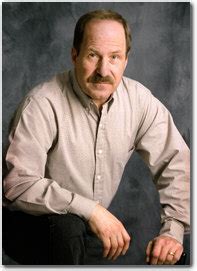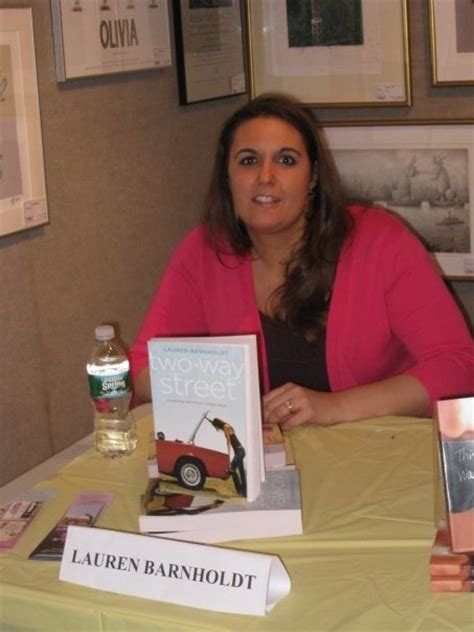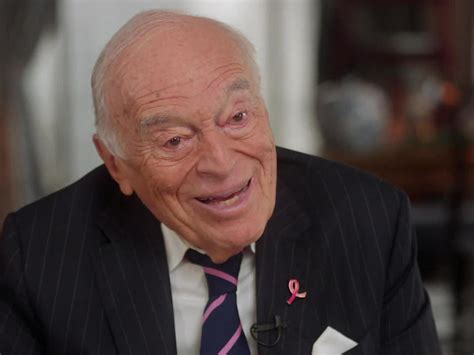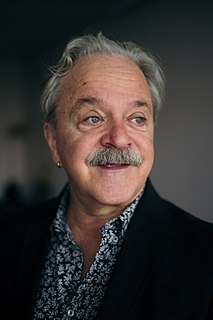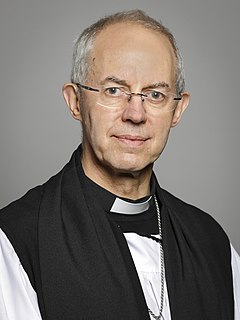A Quote by Edward Abbey
Good writing can be defined as having something to say and saying it well. When one has nothing to say, one should remain silent. Silence is always beautiful at such times.
Related Quotes
Writing well isn't just a question of winsome expression, but of having found something big and true to say and having found the right words to say it in, of having seen something large and having found the right words to say it small, small enough to enter an individual mind so that the strong ideas of what the words are saying sound like sweet reason.
I do a lot of work with policymakers, but how much effect am I having? It’s like they’re coming in and saying to you, ‘I’m going to drive my car off a cliff. Should I or should I not wear a seatbelt?’ And you say, ‘I don’t think you should drive your car off the cliff.’ And they say, ‘No, no, that bit’s already been decided—the question is whether to wear a seatbelt.’ And you say, ‘Well, you might as well wear a seatbelt.’ And then they say, ‘We’ve consulted with policy expert Rory Stewart and he says . . . .’
Among friends one has the privilege of saying nothing; the civility consists in the assumption that one's silence will be civilly understood. I can imagine a small gathering of friends who say nothing all evening: they recoil from saying anything that the others don't want to hear; and their silence would be the subtlest courtesy.
Thoughts are created in the act of writing. [It is a myth that] you must have something to say in order to write. Reality: You often need to write in order to have anything to say. Thought comes with writing, and writing may never come if it is postponed until we are satisfied that we have something to say...The assertion of write first, see what you had to say later applies to all manifestations of written language, to letters...as well as to diaries and journals
Because sometimes when someone is telling you something really important, it’s best to just let there be silence, to really think about what they’re saying. A lot of times people think they have to say something all insightful or wise or something to try and make the person feel better. But really, sometimes silence is best.
The problem is no longer getting people to express themselves, but providing little gaps of solitude and silence in which they might eventually find something to say. Repressive forces don’t stop people from expressing themselves, but rather, force them to express themselves. What a relief to have nothing to say, the right to say nothing, because only then is there a chance of framing the rare, or ever rarer, the thing that might be worth saying.


